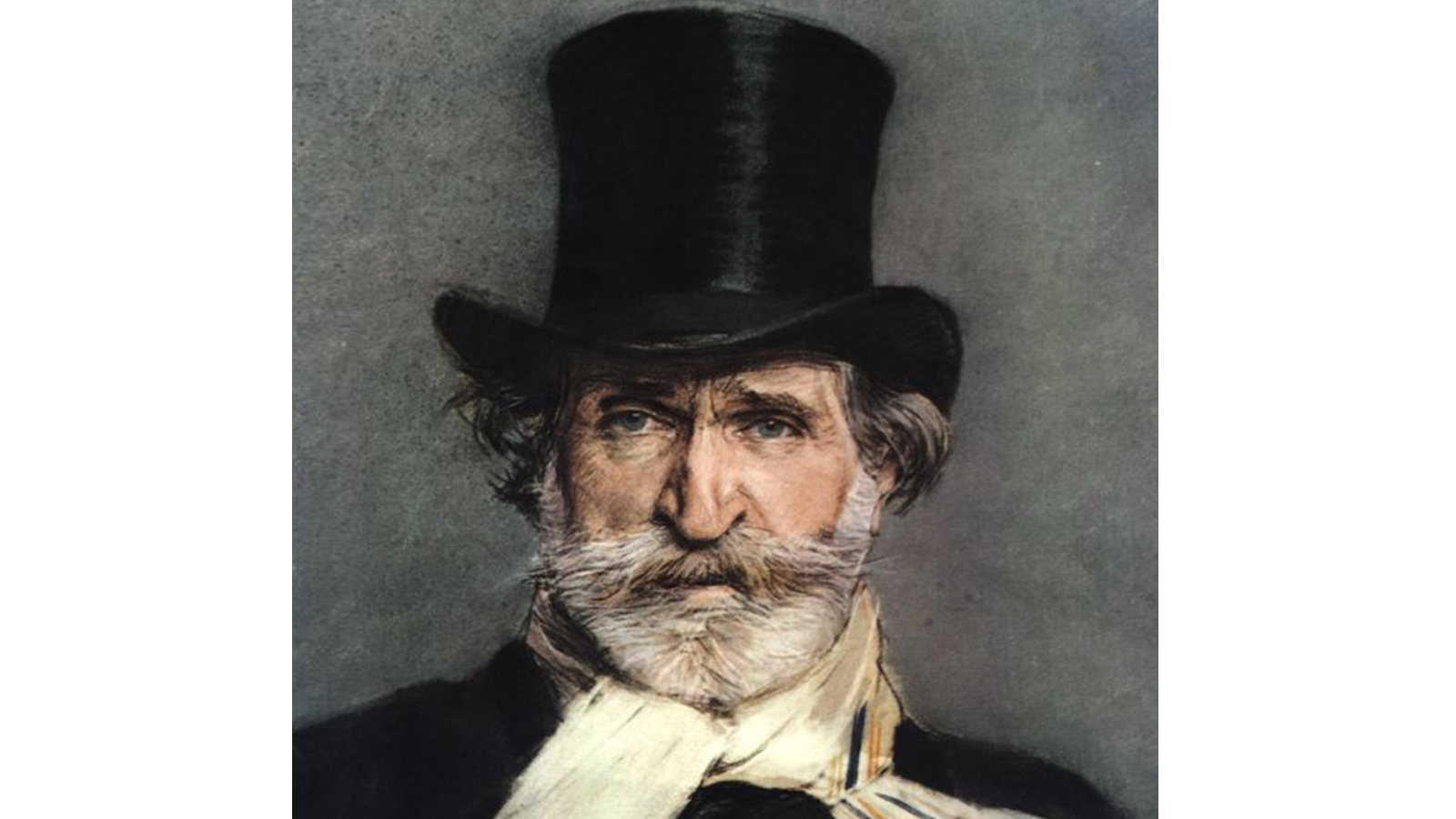
No. 28
Verdi: Requiem

When Rossini died in 1868, Giuseppe Verdi, the most famous of all living Italian composers, suggested that he and his compeers should write a Requiem for the dead composer. It ought to be a collaborative work. Having made his pronouncement Verdi set about writing the last part, a Libera me. Verdi was such an institution by that time that his suggestion was more a command; the multi-authored Requiem was duly written and compiled. However, acrimony developed before it could be performed. A dispute erupted between the man who was to conduct the Requiem, Angelo Mariani and Verdi. My suspicion is that Verdi was more to blame than Mariani. The composer could be remarkably high handed when he wanted something. For instance in advising his fellow composers about how he saw the proposed Requiem unfolding, he mentioned that the chorus would be mixed men and women, even though he knew very well that the Catholic Church would not allow women to sing in church.
He even went so far as to take note that the Pope would have to be persuaded to allow an exception for the Requiem, but that he couldn’t make the request himself because it was well known that he and the Pope were not speaking. So somebody else would have to go, bend a knee and kiss the ring before begging the Pope for the exception.
Whatever the final cock-up, the Requiem never got performed, and Verdi was steamed about it.
Five years later, Italy’s most famous writer at the time, Alessandro Manzoni died. Verdi, who admired the author, whom he had met decided that he too deserved a Requiem. Only this time Verdi decided he would write the whole thing himself the way he wanted it written with soloists male and female and a mixed chorus. On the first anniversary of Manzoni’s death, Verdi conducted the premiere of his Requiem. It was a success at once.
Top 40 Countdown
A few years ago the listeners to WNED Classical told us what they thought a TOP 40 list of Classical pieces should be. Six hundred and twenty-two different pieces were put forward, and over nine hundred listeners participated. The result, The WNED Classical Top 40, was both startling and comforting. There were a number of surprises, Stravinsky and Copland made the list; Mendelssohn and Schumann did not! It was comforting to know that the two most popular composers were Beethoven and J.S. Bach. The biggest surprise of all was the piece that crowned the list as No. 1.